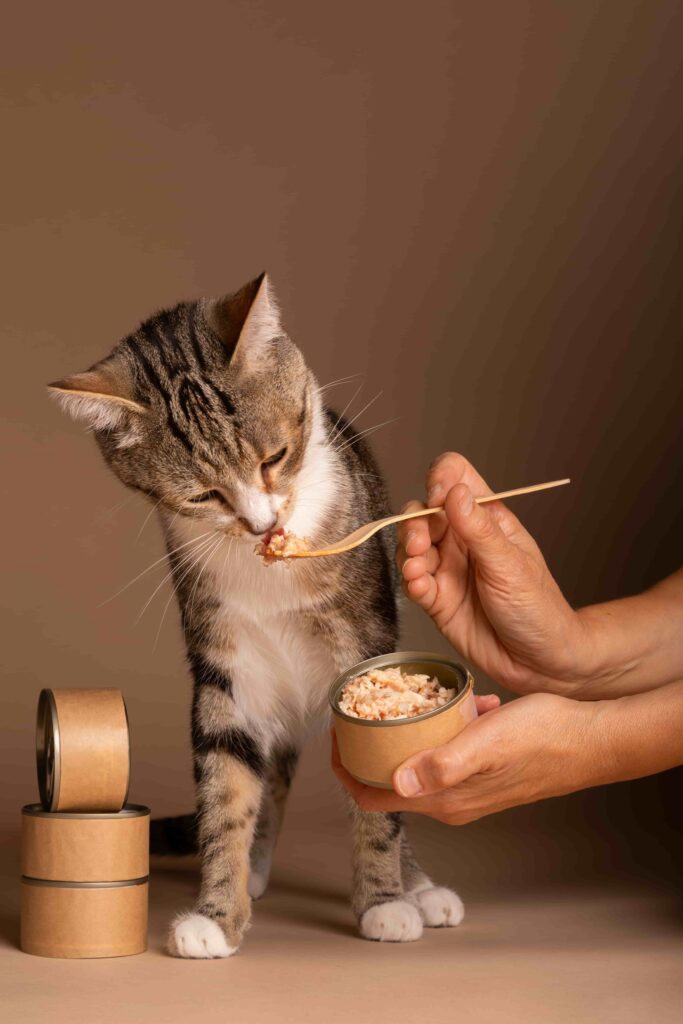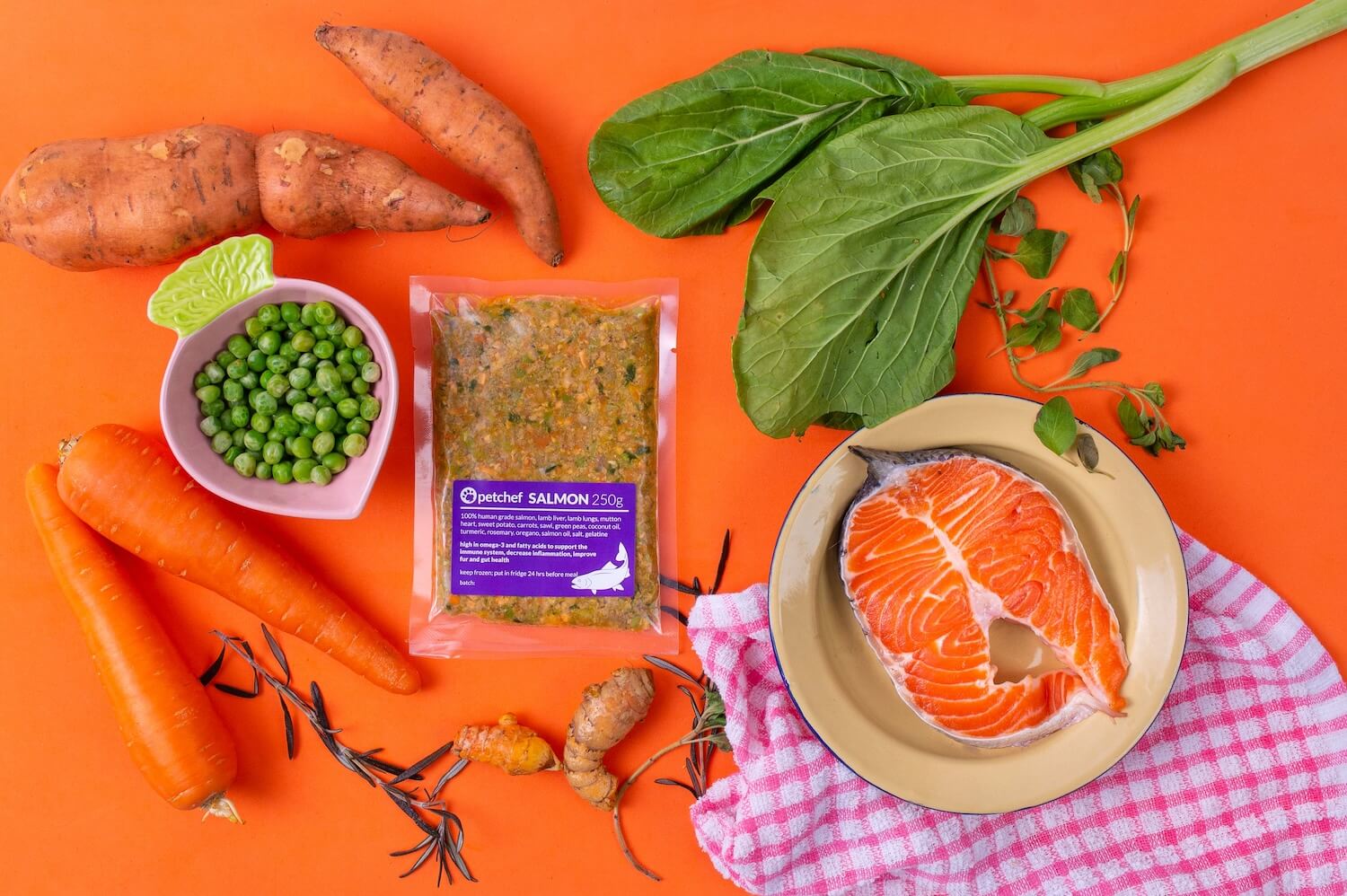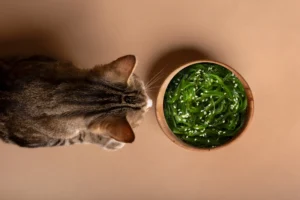As responsible pet owners, ensuring the well-being of our feline companions is a top priority. One crucial aspect of feline health often overlooked is the presence of cat food allergies. In this article, we will delve into the world of decoding common cat food allergies, shedding light on how these allergies can impact your cat’s health and offering solutions for a happier and healthier pet.
Understanding Cat Food Allergies: Recognizing the Signs
Cat food allergies can manifest in various ways, making it essential for pet owners to be vigilant. These signs can be subtle or quite noticeable, and include:
- Skin problems: Itching, redness, hives, excessive grooming, hair loss
- Gastrointestinal issues: Vomiting, diarrhea, constipation, flatulence
- Respiratory problems: Sneezing, wheezing, coughing
- Ear infections: Inflammation, redness, discharge
- Behavioral changes: Lethargy, irritability, excessive licking
If you observe any of these symptoms in your cat, especially if they appear consistently after consuming certain foods, it’s crucial to consult your veterinarian. They can conduct allergy tests and help you identify the specific trigger, paving the way for a healthier future for your furry friend.

Decoding the Culprits: Common Ingredients in Cat Food Allergies
Heading further into our exploration, it’s crucial to identify the common culprits triggering cat food allergies. While any ingredient can potentially cause a reaction, certain protein sources, additives, and preservatives are often the main offenders. Here are some to watch out for:
- Protein sources: Beef, chicken, dairy, and even certain fish like tuna can trigger allergies in sensitive cats.
- Grains: Gluten, corn, and soy are potential allergens, although less common than protein sources.
- Fillers and additives: Artificial colors, flavors, and preservatives found in some lower-quality cat food brands can contribute to allergic reactions.
Understanding these triggers empowers you to make informed choices when selecting the right cat food for your feline companion. By opting for high-quality options that exclude common allergens, you can significantly reduce the risk of triggering unpleasant reactions in your precious kitty.
Reading Between the Lines: Key to a Healthier Cat
Deciphering the information on cat food labels is a skill every pet owner should master. Look for specific keywords that may trigger allergies in your cat. Here are some key tips:
- Scan the ingredient list: Focus on the first five ingredients, as these make up the bulk of the food. Avoid any items on your cat’s potential allergen list.
- Check for hidden allergens: Common allergens may have disguised names, so be mindful of ingredients like “meat meal” or “animal digest.”
- Choose “limited ingredient” formulas: These diets offer a single protein source and minimal ingredients, reducing the risk of triggering allergies.
By reading between the lines on the label, you can make informed decisions that contribute to your cat’s long-term well-being. Remember, a little detective work can go a long way in ensuring your feline friend’s health and happiness.
Tailored Solutions for a Happy Cat: Personalized Diets and Transitioning Smoothly
Once you’ve identified your cat’s specific food allergies, consider consulting with a veterinarian to create a personalized diet plan. This approach ensures that your cat receives the necessary nutrients while avoiding allergens. A tailored diet can make a significant difference in your cat’s overall health and happiness, impacting their energy levels, skin and coat condition, and overall well-being.
When introducing a new diet, it’s essential to do so gradually. A sudden change can lead to digestive upset, defeating the purpose of a healthier food choice. Slowly mix the new food with the old, increasing the ratio over a period of 7-10 days. This allows your cat’s digestive system to adjust, minimizing the risk of adverse reactions.
By implementing these steps and working closely with your veterinarian, you can create a personalized dietary plan that caters to your cat’s specific needs and sensitivities, setting the stage for a happier and healthier life for your furry companion.
Pet Care and Long-Term Well-Being: The Role of Regular Vet Check-ups
In the realm of pet care, regular veterinary check-ups play a pivotal role in maintaining your cat’s long-term health. During these visits, discuss any concerns or potential allergies with your veterinarian. They can assess your cat’s overall health, perform allergy tests if needed, and offer expert guidance on diet and lifestyle choices. Remember, preventative care is key to ensuring your cat thrives throughout their entire life.
Conclusion
Understanding and decoding common cat food allergies are integral steps in promoting the health and happiness of your feline friend. By recognizing the signs, identifying common allergens, and making informed choices, you contribute to a healthier and more fulfilling life for your cat. Remember, a well-informed pet owner is a key player in the overall well-being of their furry companions.
Feel free to speak to our friendly Petchef Advisors if you’d like to examine or improve your cat’s nutrition and diet.











